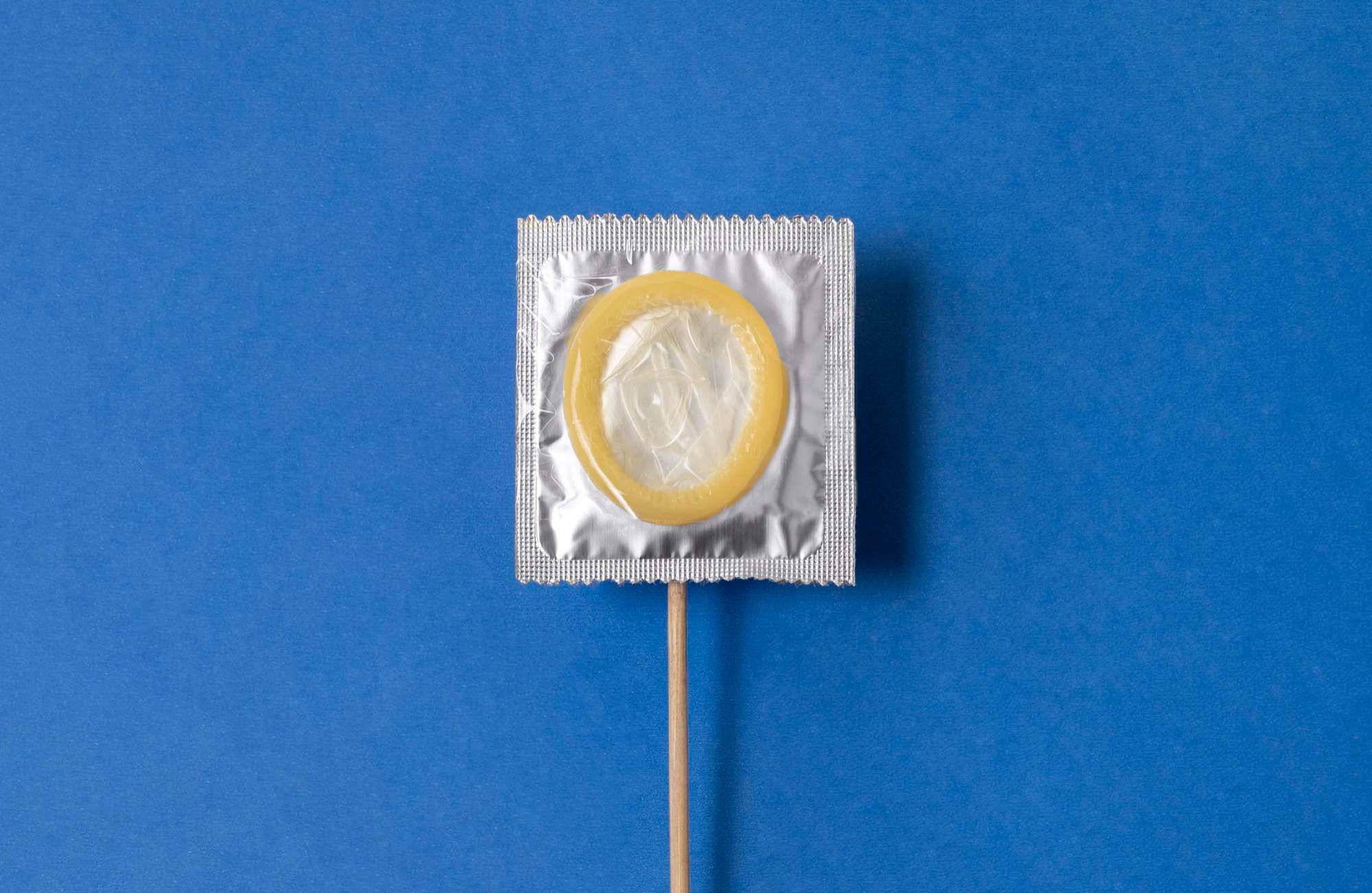Can Masturbating Too Much Cause Erectile Dysfunction?

What is Erectile Dysfunction?
Erectile dysfunction refers to difficulty in achieving or maintaining an erection sufficient for sexual activity. Also called impotence, ED can vary in severity:
- Occasional ED: Some individuals experience erections intermittently but struggle to maintain consistency.
- Chronic ED: Others may find it difficult or impossible to achieve an erection at all.
ED is more common than many assume, affecting approximately 30 million men in the United States.
Masturbation and Erectile Dysfunction: The Facts
A common misconception is that frequent masturbation, or even excessive porn consumption, can lead to erectile dysfunction. But these ideas are myths and lack scientific backing.
One reason for this belief is the refractory period—a natural recovery phase after ejaculation during which it is temporarily difficult to achieve another erection. The refractory period is not a sign of erectile dysfunction, and its duration varies widely from person to person, ranging from a few minutes to several hours.
Scientific Studies on Masturbation and Porn
Several studies debunk the link between masturbation or porn consumption and ED:
- A 2023 study in the International Journal of Impotence Research examined over 3,500 men, concluding that masturbation frequency and pornography use had little to no association with ED.
- A 2021 study published in JMIR Public Health and Surveillance found similar results, noting no significant link between masturbation or watching porn (up to 30 minutes) and ED.
However, excessive porn use (more than 30 minutes in a single session) and pornography addiction might slightly increase the risk of ED. These cases may relate more to psychological or behavioral factors than the act of masturbation itself.
Health Benefits of Masturbation
Far from being harmful, masturbation offers several physical and mental health benefits:
- Encourages exploration of personal sexuality and body awareness.
- Helps manage sexual challenges, like premature ejaculation or difficulty reaching orgasm.
- Promotes better sleep through the release of relaxing hormones.
- May reduce the risk of prostate cancer through frequent ejaculation (ongoing research).
What Actually Causes Erectile Dysfunction?
Erectile dysfunction often results from a combination of factors, which can be physical, psychological, or both:
Common Physical Causes:
- Cardiovascular disease, high blood pressure, or high cholesterol.
- Diabetes and metabolic syndrome.
- Neurological conditions like stroke or Alzheimer’s disease.
- Pelvic surgery or trauma.
Psychological Causes:
- Depression, anxiety, or low self-esteem.
- Performance anxiety or emotional distress.
Lifestyle and Medication Risks:
- Smoking, alcohol consumption, and substance abuse.
- Certain medications, including antidepressants and blood pressure drugs.
Treatment Options for Erectile Dysfunction
Treating ED often requires addressing underlying causes:
- Lifestyle Changes: Quitting smoking, reducing alcohol intake, exercising, and managing stress can improve ED.
- Medical Interventions: Medications like Viagra, Cialis, and Levitra can help. Treating conditions like diabetes or hypertension may also alleviate symptoms.
- Mental Health Support: Counseling for anxiety, depression, or relationship issues can be beneficial.
Preventing Erectile Dysfunction
While not all cases of ED are preventable, adopting a healthy lifestyle can significantly reduce the risk:
- Maintain a balanced diet rich in whole grains, fruits, vegetables, and lean proteins.
- Engage in at least 30 minutes of daily exercise.
- Avoid smoking and limit alcohol consumption.
When to See a Healthcare Provider
If you consistently experience difficulty achieving or maintaining erections, it’s important to consult a healthcare provider. Though discussing ED can feel awkward, it is a common condition with many effective treatments available.
Your primary care provider may conduct a physical exam, order blood tests, or recommend an ultrasound to identify the underlying cause. In some cases, a referral to a specialist, such as a urologist, may be necessary.
By seeking medical advice, you can take the first step toward understanding and managing erectile dysfunction, paving the way for improved sexual health and overall well-being.














